The Classic Categories
The Classic Categories of POY Latam uphold the fundamental principles of documentary photojournalism. In these categories, images must address urgent issues of contemporary society, always respecting the integrity of the scene and the dignity of the people portrayed.
The jury is composed of professionals with extensive experience in documentary photography, visual editing, and journalism. Each member brings a critical, ethical, and engaged perspective on the narrative power of images. Their mission is to recognize the photo essays and individual images that best capture the spirit of the times in Ibero-America.

Gael Almeida is the Executive Director for Latin America at the National Geographic Society, where she supports Latin American researchers, conservationists, educators, and storytellers who receive funding from the Society to carry out their projects. She also fosters collaborations aimed at creating long-term change in the region.
Gael works across teams to ensure that the projects funded in Latin America gain visibility across the Society’s various communication platforms, increasing both impact and reach.
She has extensive experience coordinating conservation initiatives, leading collective impact strategies, and working with interdisciplinary groups, as well as developing funding and communication strategies for projects.
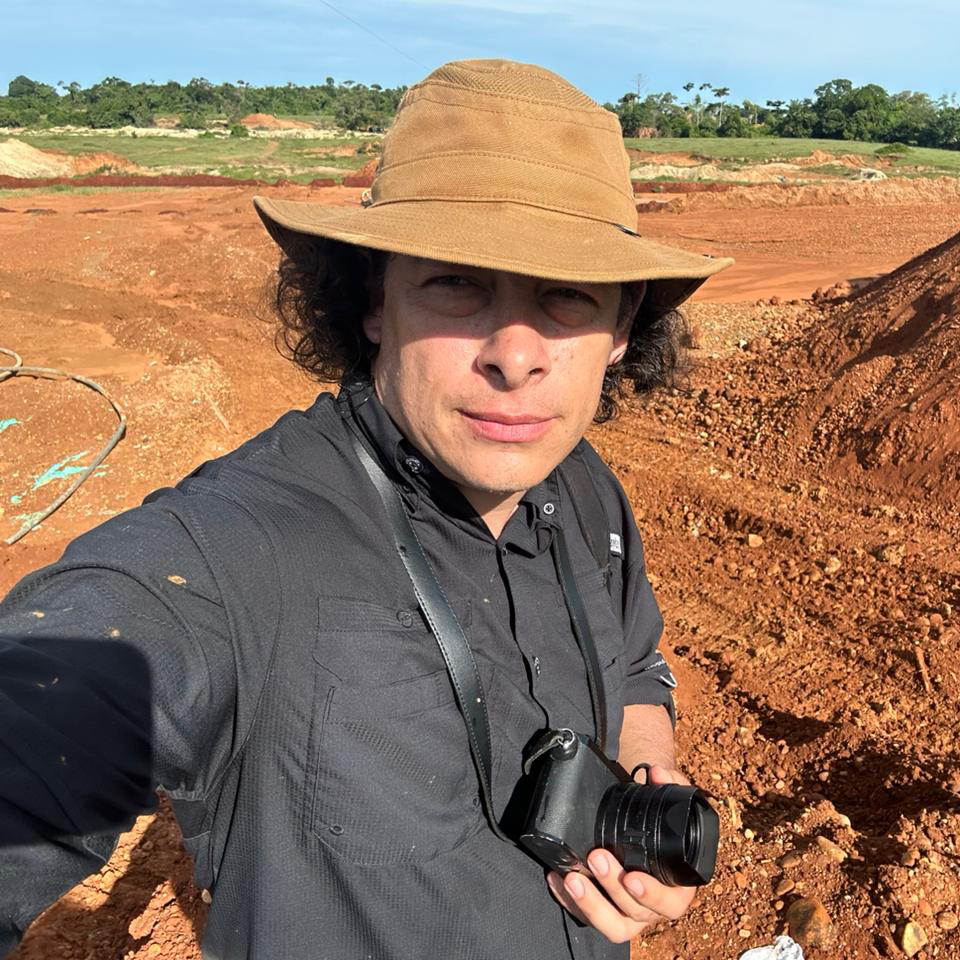
Federico Ríos was born in Colombia in 1980. A regular contributor to The New York Times, Federico has dedicated his career to exploring migration, armed conflict, and the relationship between society and the environment in Latin America.
In 2024, he published his latest photobook, Darién, focused on the perilous migration route through the Darién Gap. This work follows his acclaimed 2020 publication VERDE, which presents a decade of documentation on Colombian guerrilla groups.
His achievements have earned him numerous prestigious awards, including the 2025 World Press Photo Long Term Project Award for Latin America, Finalist for Photobook of the Year at POY 2025, the James Foley Medill Medal for Courage in Journalism (2024), and Finalist for the Pulitzer Prize in International Reporting (2023). He also received the Visa d’Or Humanitarian Award from the ICRC (2023) and was named Photojournalist of the Year by POY Latam (2023). Additionally, he was a finalist for the Prix Pictet, where he won the Public Choice Award in 2023.
His work has been widely published in leading outlets such as National Geographic, Stern, GEO, Time, Paris Match, and LFI Magazine, establishing him as a key voice in contemporary journalism. Through his lens, Federico Ríos highlights the resilience of those caught amid marginalization, conflict, and change.
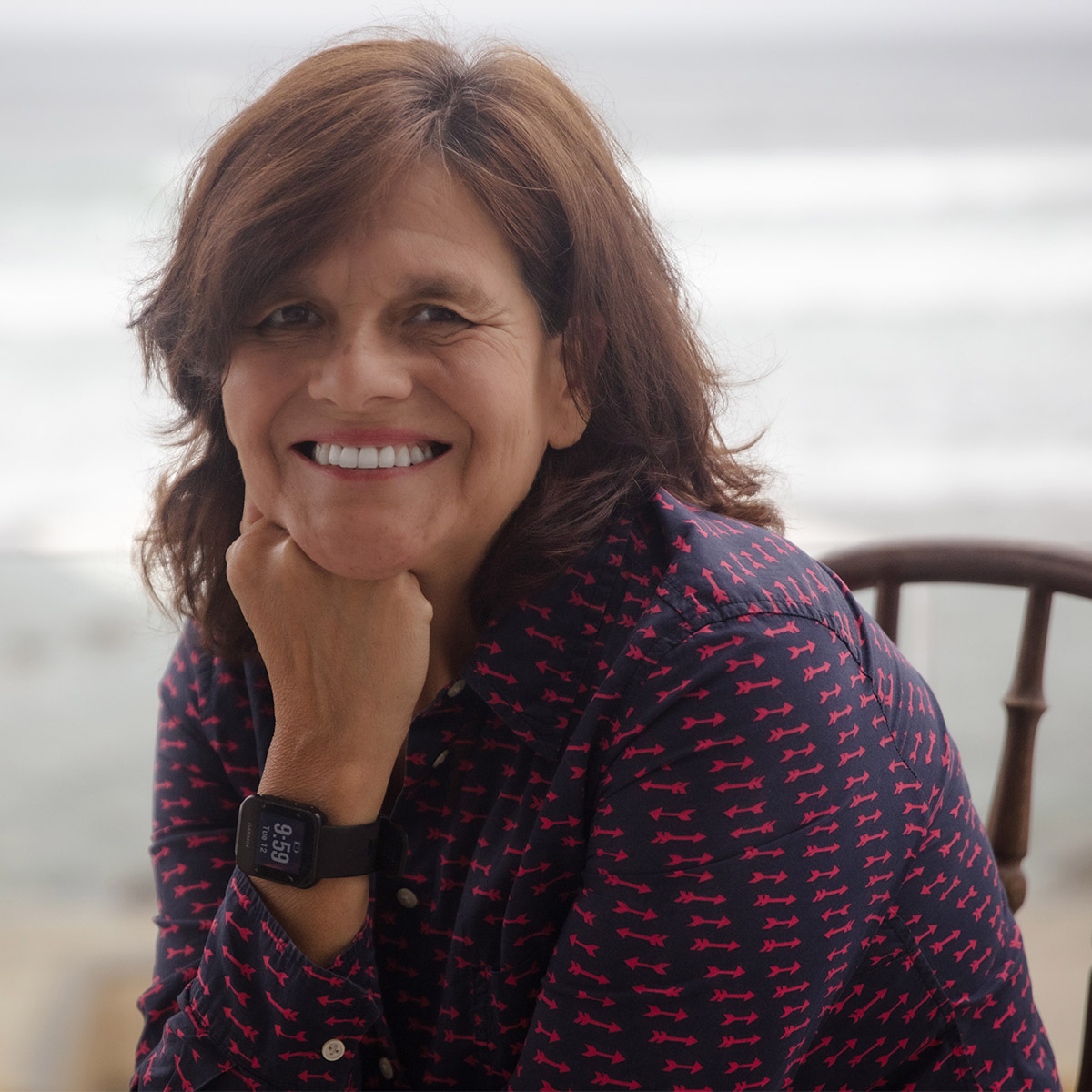
Mariana Bazo (Lima, 1964) is a Peruvian photojournalist and documentary photographer with over 30 years of experience covering major events across Latin America. She studied at the Pontificia Universidad Católica del Perú and at the University of Missouri’s School of Photojournalism, thanks to a Reuters Foundation scholarship.
She worked for Reuters until 2019 and then continued as a freelance photographer, collaborating with outlets such as Xinhua. Mariana has documented historic events including Peru’s internal conflict, the Japanese embassy hostage crisis, the FARC conflict in Colombia, and major international sporting events such as the Sydney and Rio Olympic Games, as well as the 2018 FIFA World Cup in Russia.
Currently, she also works as a photo editor and mentor, helping to develop new talent and visual projects across the region. She has served as a juror in prestigious competitions including Fotoprensa (Chile), POY International 2019 (USA), and World Press Photo (Amsterdam, 2020 and 2025). Her work has been widely published internationally, and her archive on the Peruvian conflict is part of the Peru’s Truth and Reconciliation Commission’s collection.
In 2016, she was nominated as a Canon Ambassador.
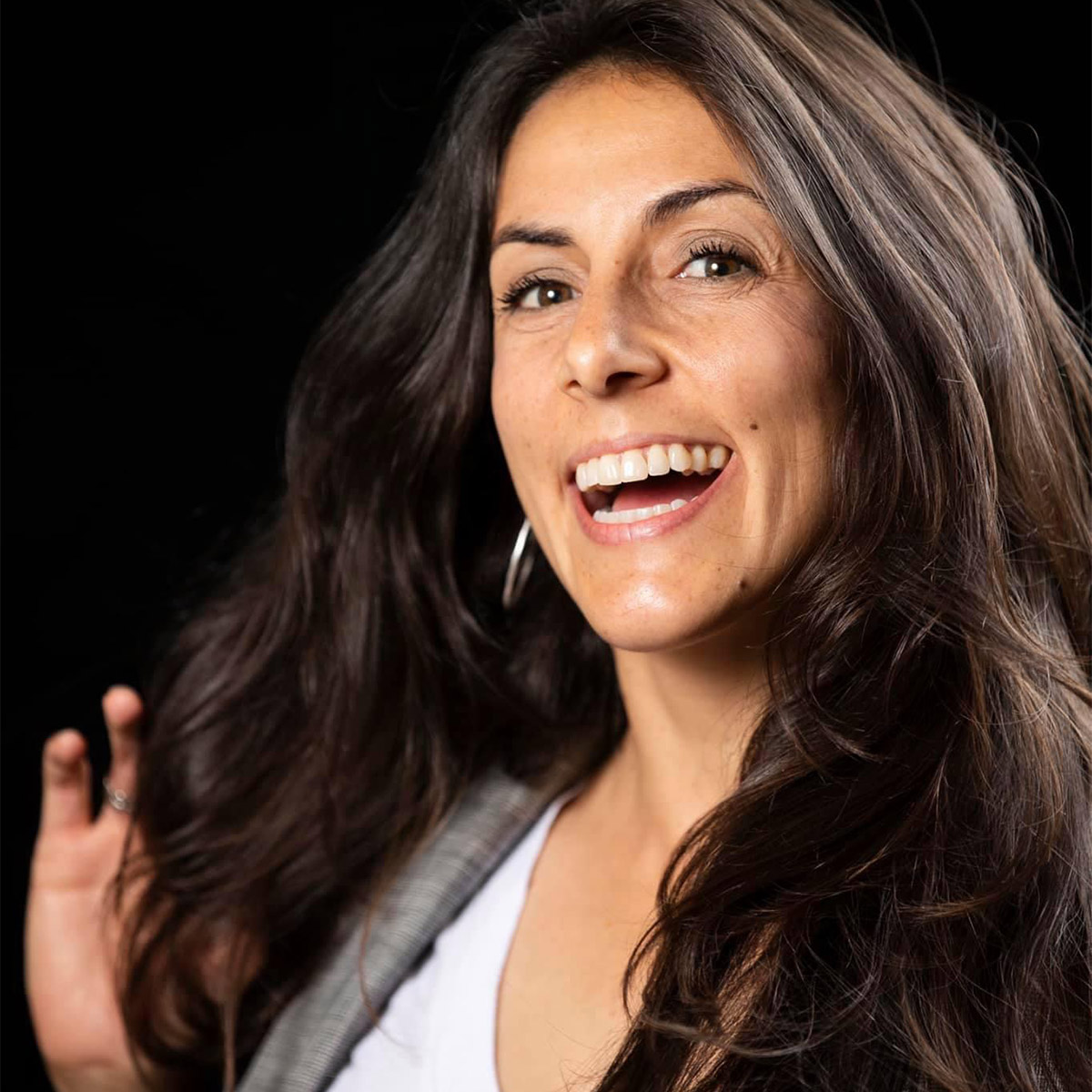
Marie D. De Jesús is the Director of Pictures of the Year International (POY) and Co-Director of College Photographer of the Year (CPOY). She is a founding member of Houston Landing, where she also served as the organization’s first Director of Photography. Previously, she was a photojournalist at the Houston Chronicle, where she became the first woman of color to serve as president of the National Press Photographers Association (NPPA).
Born and raised in Arecibo, Puerto Rico, Marie has dedicated her career to visual storytelling with a deep commitment to equity, community representation, and the ethical practice of journalism.
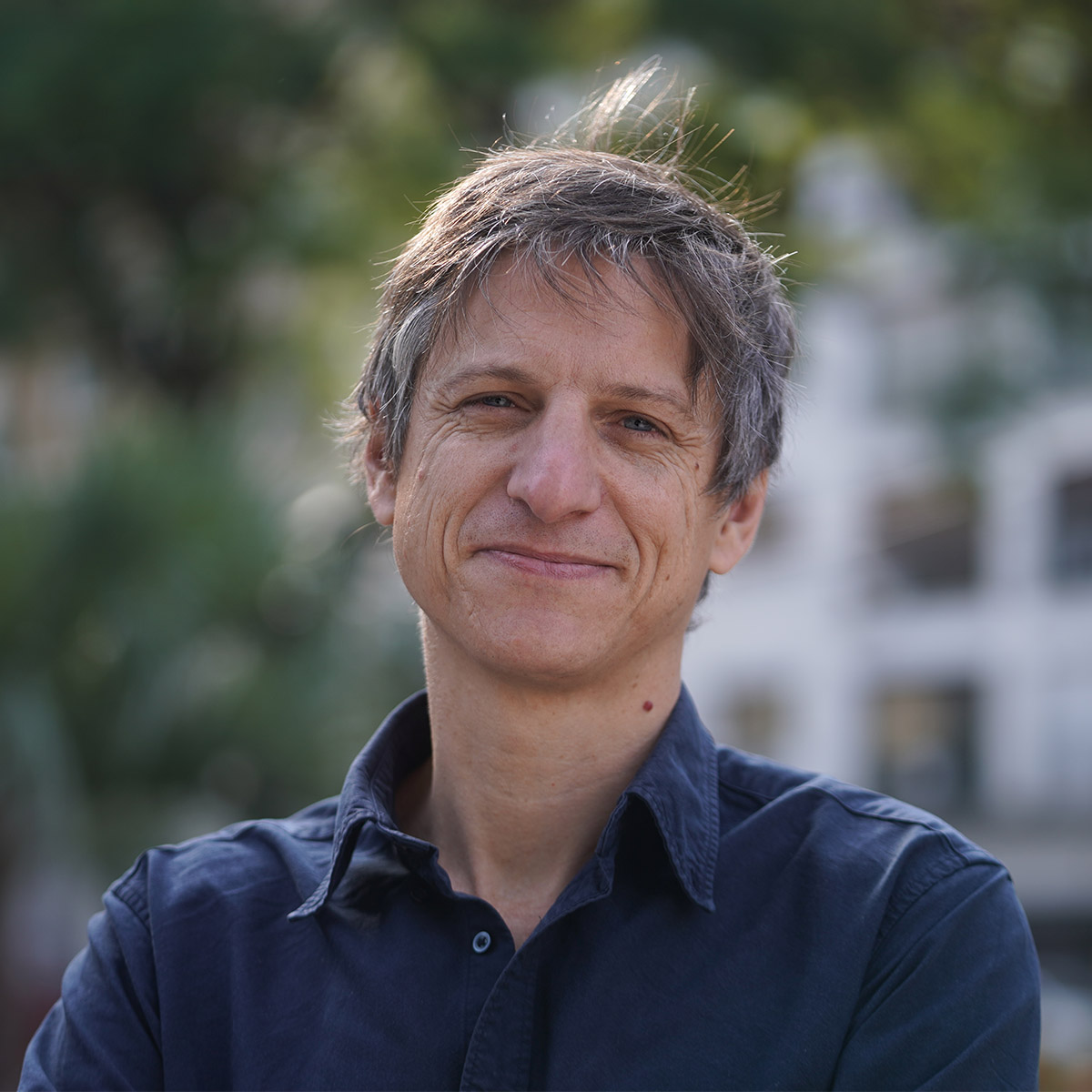
Victor R. Caivano is a visual journalist with a long career that blends photography and video to tell compelling stories. Over nearly three decades working with The Associated Press, he lived in various countries across Latin America and Europe, always striving to capture the essence of the human experience.
Born and raised in Buenos Aires, he holds a degree from the University of Texas at Austin. He currently serves on the Committee for Research and Exploration of the National Geographic Society and on the Advisory Board of the Schmidt Ocean Institute.
Most recently, he served as a juror for the Infinity Awards organized by the International Center of Photography (ICP).
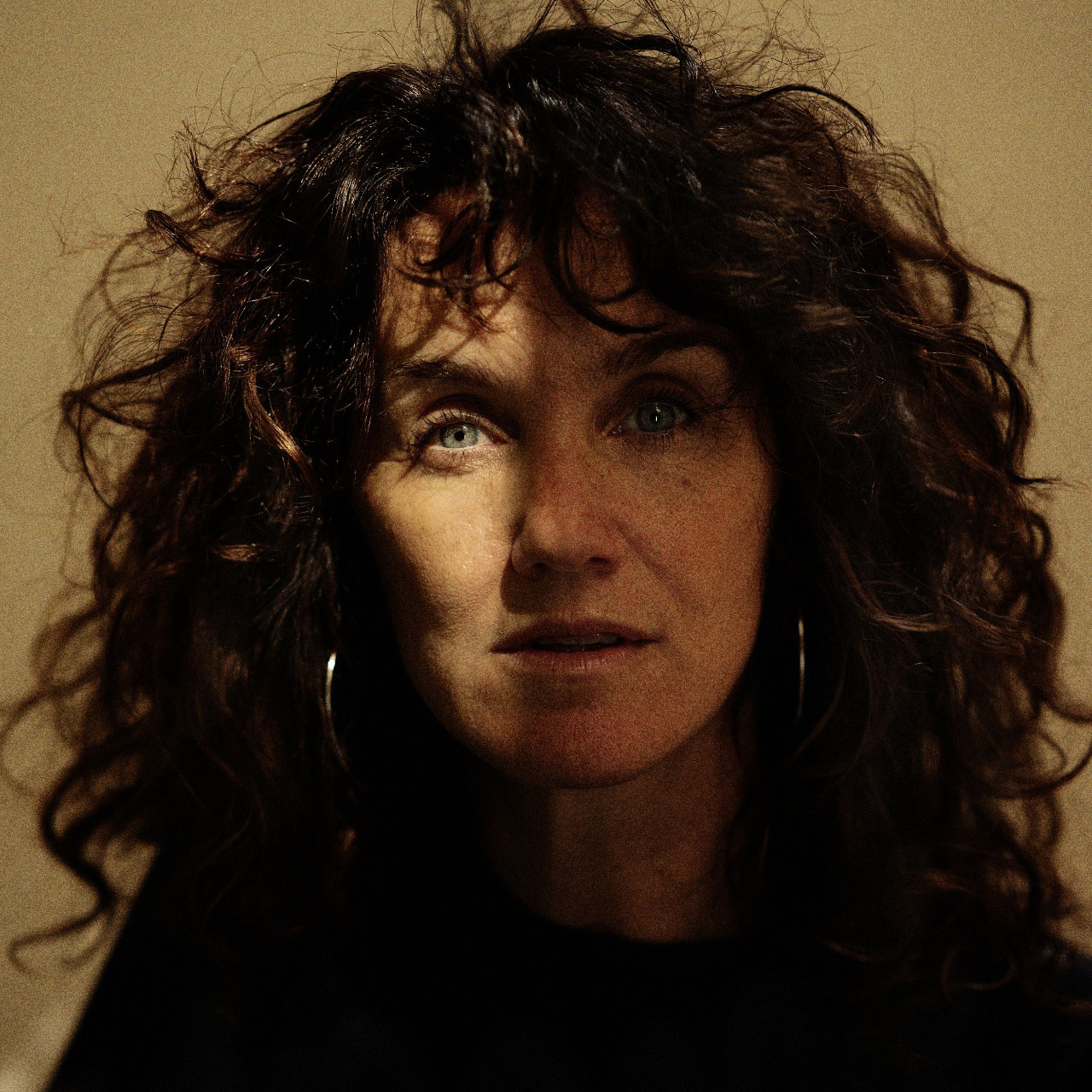
Catalina Martín Chico is a Spanish-French photographer who began her photographic journey after spending five years in New York, where she studied at the prestigious International Center of Photography (ICP). Her first long-term project took place in Yemen, where she worked for over a decade. Her immersion in the Yemeni revolution earned her the Visa d’Or Humanitarian Award from the ICRC in 2011.
After ten years covering the Muslim world — from Morocco to Iran, including Yemen and Egypt — Catalina turned her lens to Latin America, starting with Colombia, where she documented the post-conflict period.
In 2017, she received the Canon Female Photojournalist Award, and her work was exhibited at Visa pour l’Image and in numerous venues around the world. In 2019, she won the World Press Photo “Contemporary Issues” award, and one of her images was nominated for Photo of the Year.
Her project was also a finalist for the Oskar Barnack Award, the Global Peace Award, and the Alexia Foundation grant in 2020. Later, she focused on Indigenous communities in South America, earning the POY Latam award in 2021 for her coverage of the Sarayaku people in the Ecuadorian Amazon.
In 2022, she was awarded a grant from the Centre National des Arts Plastiques (France) to develop a project on Chilean youth, using a more artistic approach with a large-format camera.
She also participates in the “Grande Commande Photographique” launched by the French Ministry of Culture and the National Library of France (BNF), dedicated to outdoor schools.
In 2024, she received the Françoise Demulder Award at Visa pour l’Image. Catalina regularly contributes to both French and international media and shares her knowledge through workshops and lectures around the world.
She is represented by Panos Pictures (London).
The Open Categories
The Open Categories of POY Latam are designed to highlight visual projects that explore new narrative forms — from conceptual experimentation to the use of emerging technologies such as artificial intelligence. These categories embrace the crossing of genres, the use of archives, and creative image manipulation as part of a conscious and intentional authorship.
The jury is composed of professionals working across journalism, curatorship, contemporary art, and visual research. Their task is to value innovative works that challenge traditional boundaries of documentary photography and expand our understanding of the present through new aesthetics, sensibilities, and territories.
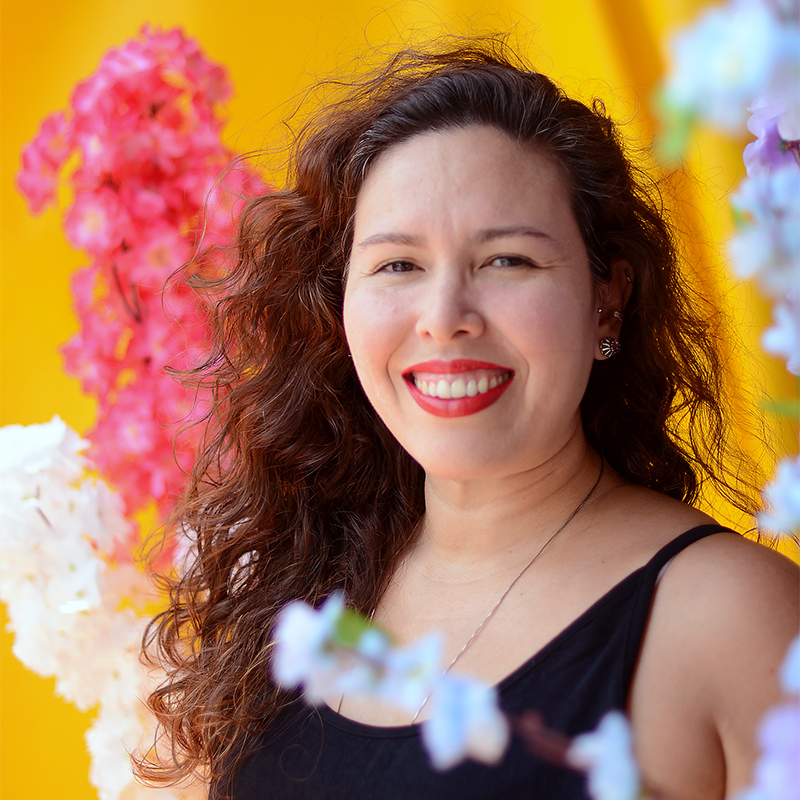
Moderadora
Maíra C. Gamarra is a Brazilian-Bolivian curator, editor, educator, and researcher. For over 17 years, she has developed cultural projects throughout Latin America focused on artistic and documentary photography, with a critical emphasis on equity, inclusion, and representation.
She is the founder and director of Mira Latina, an organization dedicated to Latin American photography and art from an anticolonial perspective, promoting reflection on visual narratives, power structures, and cultural dynamics of the Global South.
Maíra has served as juror, mentor, and speaker in renowned institutions and international contests such as World Press Photo, CatchLight, the Gabo Foundation, and POY Latam, where she is also a member of the Advisory Council.
She holds a degree in Social Communication with a specialization in photography, and a Master’s in Latin American Studies.
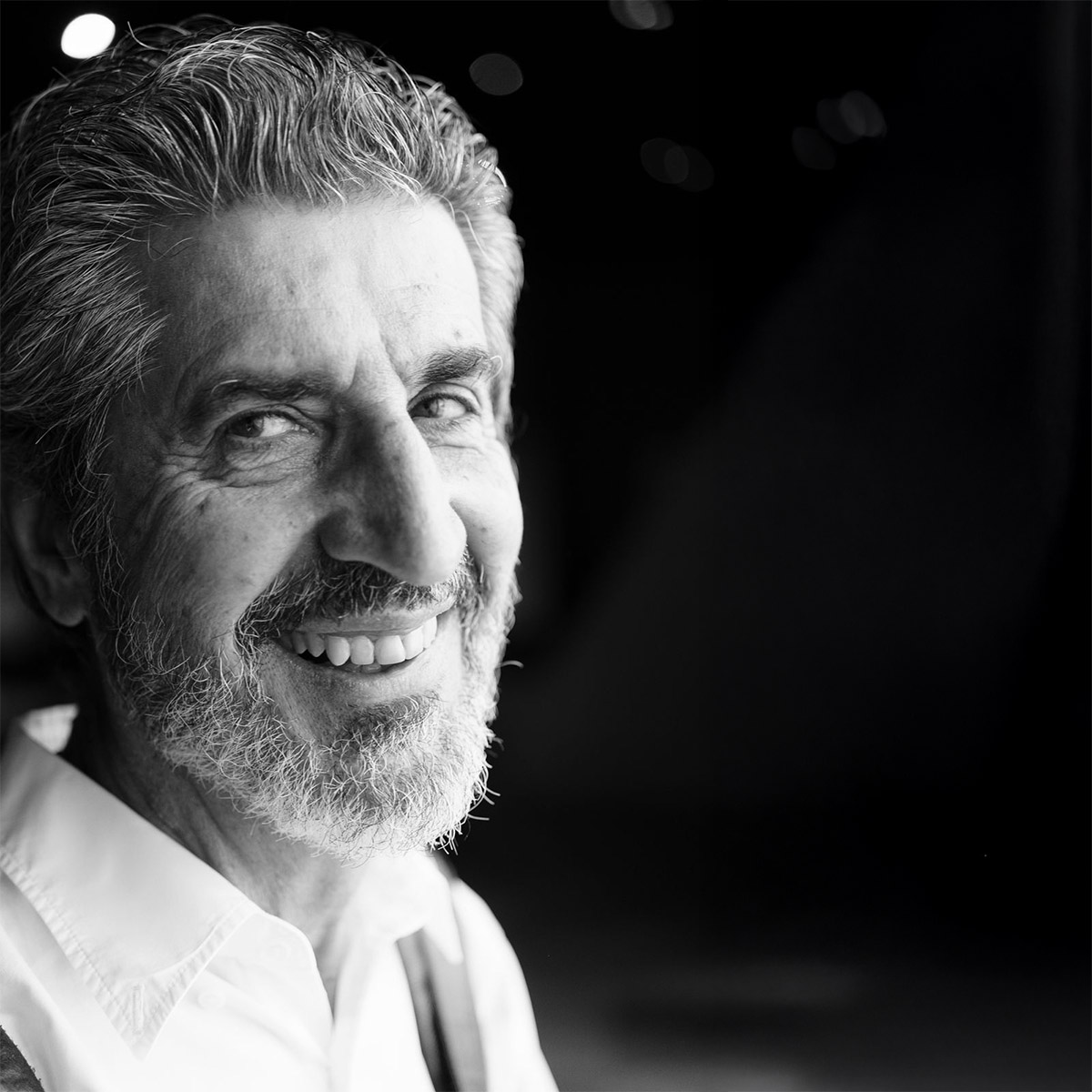
Pablo Ortiz Monasterio initially studied economics at the National Autonomous University of Mexico (UNAM), and in the 1970s, he studied photography at the London College of Printing. He trained as a photojournalist through practice and earned a master’s degree in photography from the Universidad Autónoma Metropolitana in Mexico City in 1984.
His work is composed of thematic series focused on Mexican history and cultural identity. He became well known for his photographs from the mid-1980s that captured the atmosphere of Mexico City, a sprawling metropolis marked by poverty and violence.
Ortiz Monasterio is a founding member of the Centro de la Imagen, one of Mexico’s most prestigious photography institutions. Considered one of the leading promoters of photography in Mexico, he has directed three major editorial projects since 1978: México indígena, Río de Luz, and Luna Córnea.
He has published several books featuring his photographic work, including Los Pueblos del Viento (1982), Corazón de Venado (1992), and La Última Ciudad (1996). The latter received the Gold Prize at the Festival des Trois Continents in Nantes (France, 1997) and the Best Photobook Award at La Primavera Fotográfica Festival in Barcelona (1998).
His work was featured in the exhibition Latin America 1960–2013: Photos + Texts at the Museo Amparo in 2014.
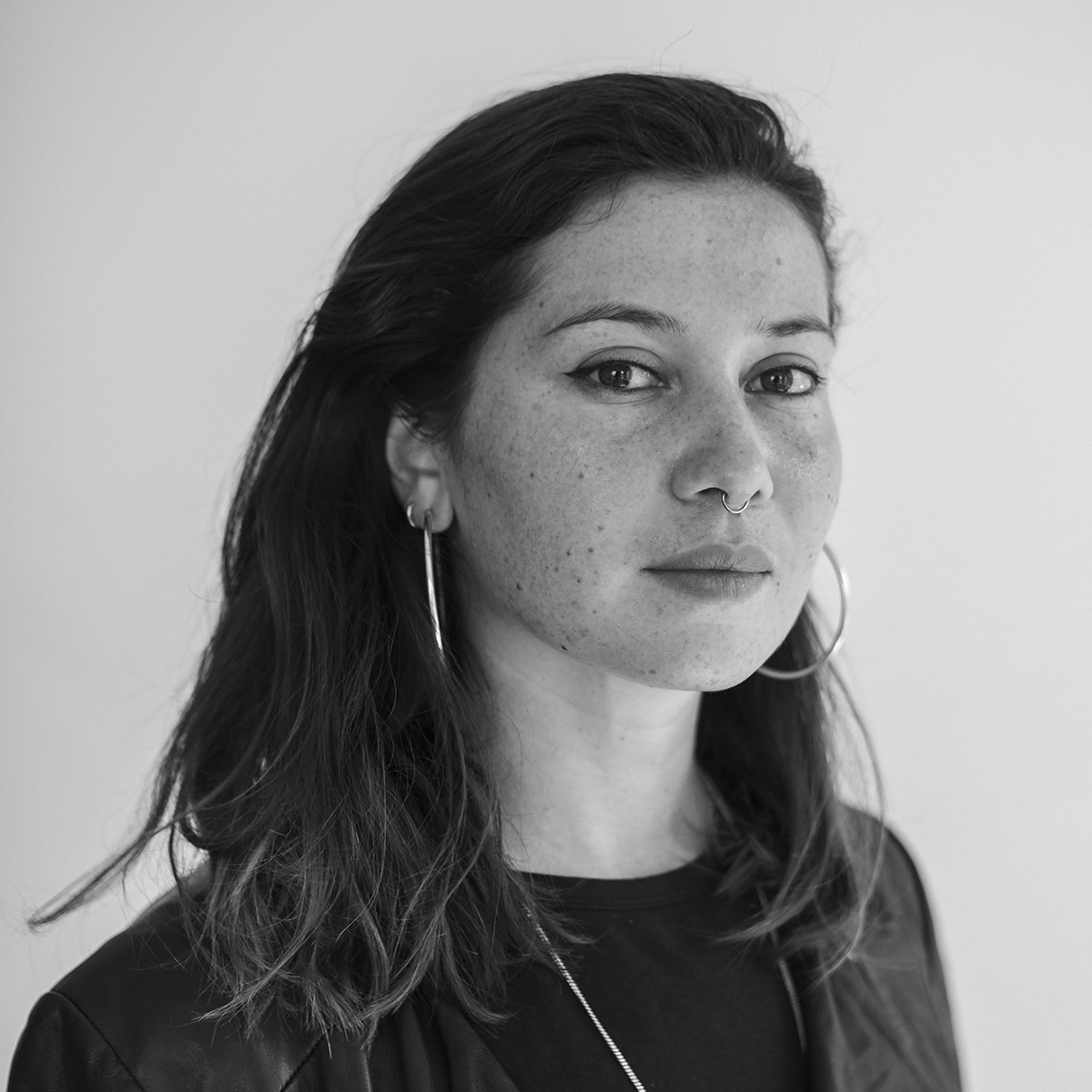
Florence Goupil is a French-Peruvian documentary photographer based in Peru. Her multimedia work explores ethnobotany, environmental and human rights, and the living memory of Indigenous communities.
She is a National Geographic Explorer, a Pulitzer Center grantee, and a Magnum Foundation Fellow (2024–2025). Her work has been recognized with awards such as the PhMuseum Women Photographers Grant, a special mention as Ibero-American Photographer of the Year by POY Latam, the Nouvelles Écritures Prize at the Photo La Gacilly Festival, and the 2025 Sony Latin America World Photography Prize.
Her photography has been exhibited at Les Rencontres d’Arles, the International Center of Photography, Photoville, and the Bronx Documentary Center. Her work has been published in major outlets including The New York Times Magazine, National Geographic, Polka, and Atmos.
She has also co-directed short films such as Cumbia’s Day and Cuidantsiqmi. Currently, Florence is documenting the threats posed by extractive industries along the Brazil–Peru border in the Amazon.
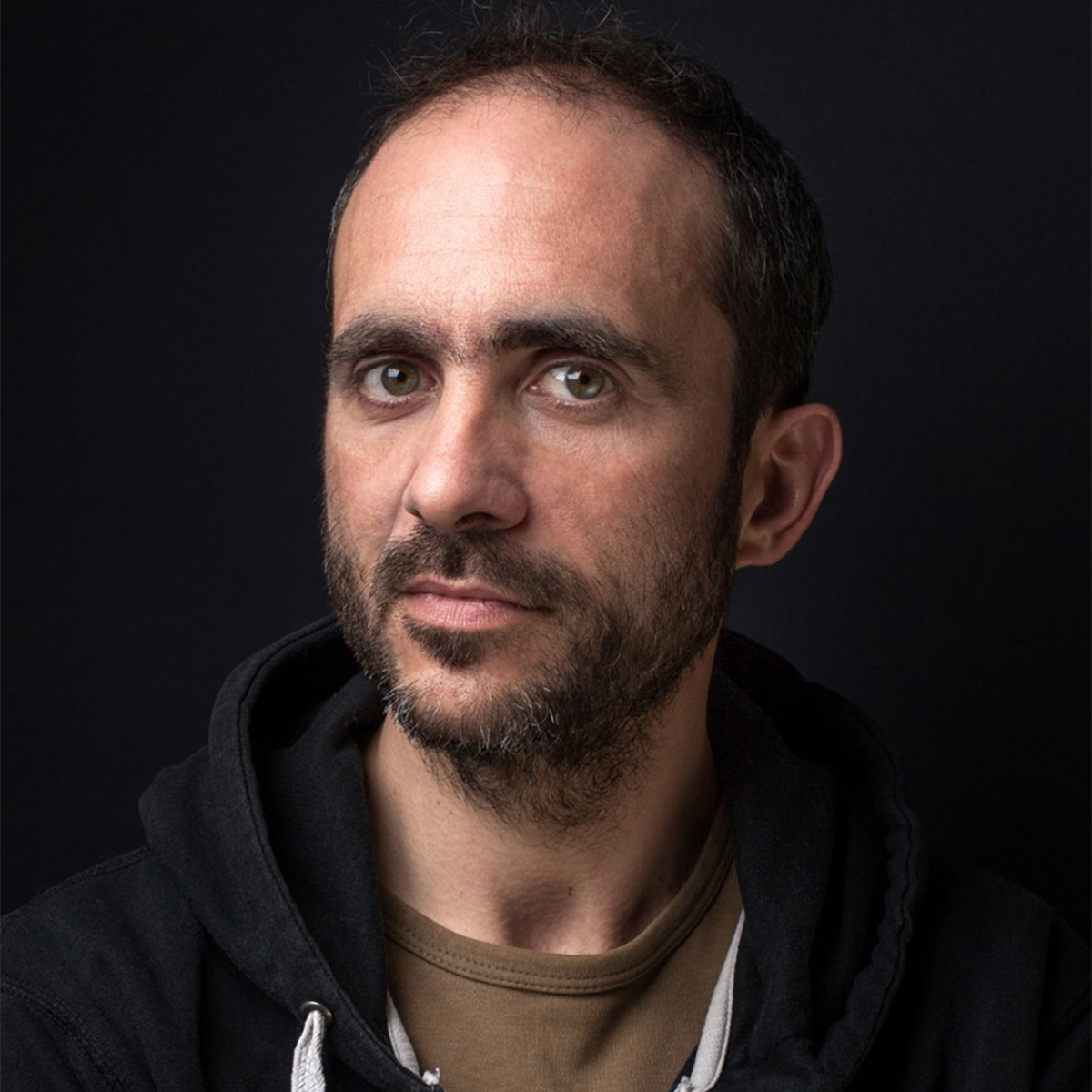
Nicolás Pousthomis (Buenos Aires, 1975) is a photographer, editor, curator, and educator. Since 2004, he has been part of the Sub Cooperative, a collective of artists and communicators that runs an educational platform, a publishing house, and a radio program.
He is the author of the books Diciembre, Qhapaq Ñan: Desandando el camino con Gustavo Santaolalla, and co-author of Uno a uno and Todo y Nada. As an author, his projects arise from experiences and explorations rooted in simple aspects of existence: eating, inhabiting, traveling—the land to live on.
His work focuses on the intersection of personal experience, collective memory, and the socio-political landscape of Latin America.
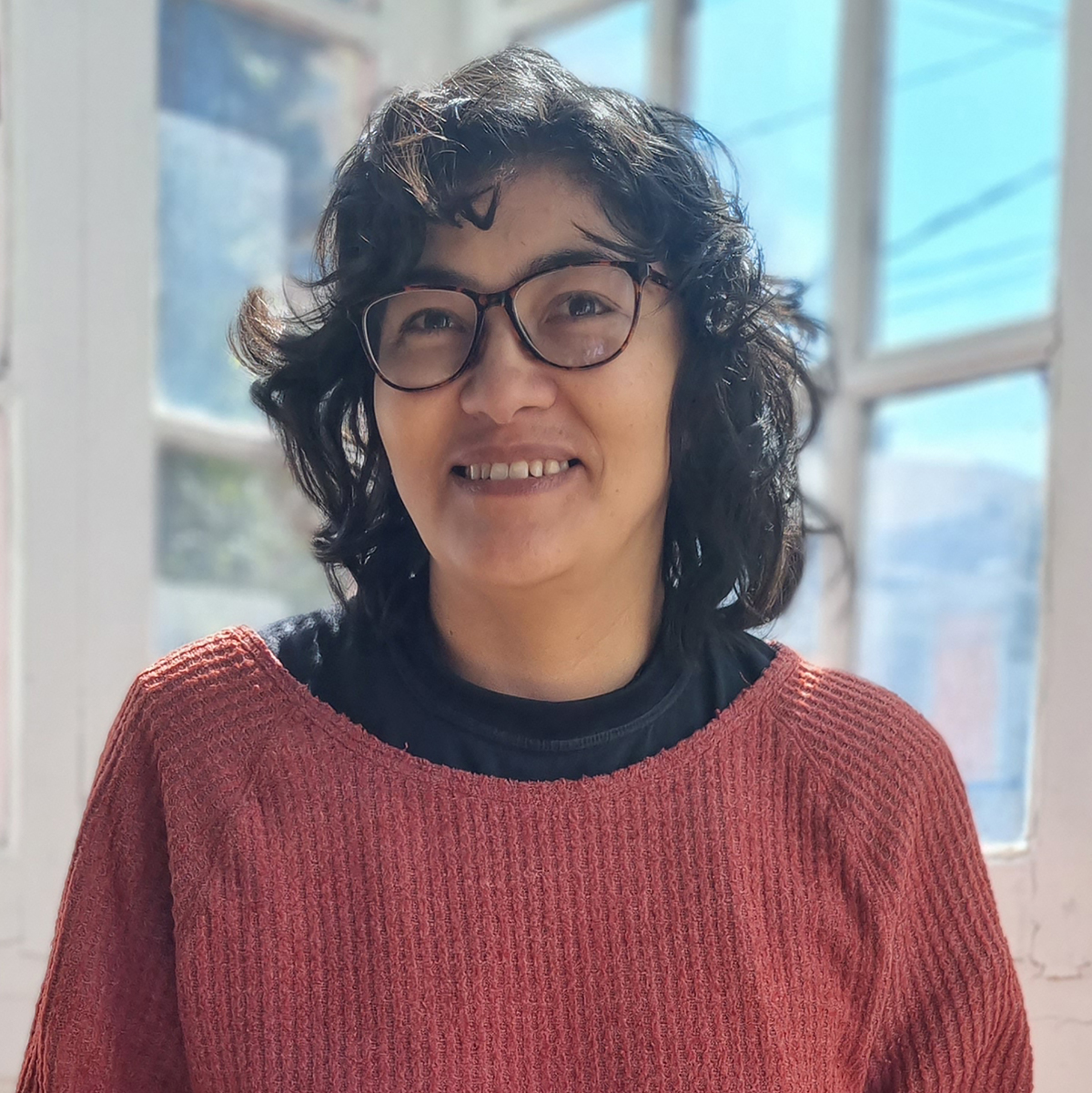
Wara Vargas Lara is a Bolivian documentary photographer. Her work focuses on strengthening the cultural identity of Indigenous peoples in Bolivia and highlighting the ancestral knowledge of Bolivian women.
Since 2006, Wara’s work has been recognized and exhibited in countries such as Germany, the United States, Colombia, Brazil, Uruguay, Mexico, Italy, and Spain.
In 2019, she received a National Geographic grant to document the stories of traditional midwives from Bolivia’s Kallawaya culture. Since then, she has been part of the Latin American Explorers community.
Wara is a member of Women Photographers, Foto Féminas, and the photographer community of Fairpicture, an organization committed to ethical storytelling.
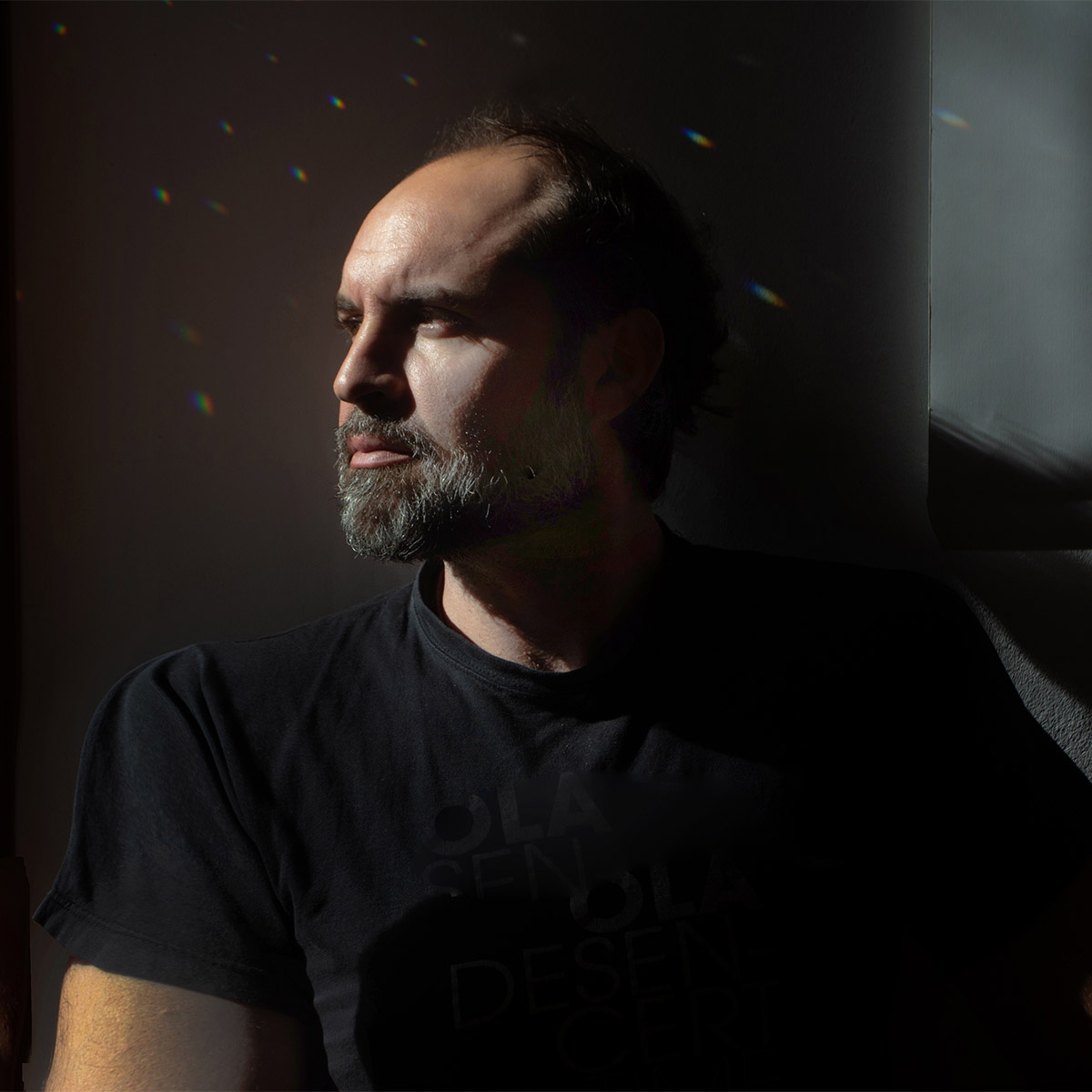
Federico Estol is a Uruguayan photographer and visual artivist. He currently develops long-term projects that explore the relationship between cultural identity, inequality, and social justice.
He is the artistic director of the international festival SAN JOSÉ FOTO and a photobook editor at El Ministerio Ediciones. His work is represented by East Wing Gallery (Doha–Berlin).
Estol’s projects have received numerous awards, including the Grand Prix at Kyotographie (Japan), the Emergentes Prize at Encontros da Imagem Festival (Portugal), the IILA-FOTOGRAFIA Prize (Italy), the Best International Photobook Award at FELIFA 2018 (Argentina), the Critical Mass – Photolucida Award from the Oregon Center for Photography (USA), the Jury Award at the Lenzburg Festival (Switzerland), the Best Latin American Photobook Award from the Montevideo Photography Center (Uruguay), and the Expert Award from the Lishui Photography Museum (China).
His work is part of various public and private collections, including the IHEAL Institute at Sorbonne University (Paris), FOLA (Buenos Aires), the Lishui Photography Museum (China), the Fondazione Orestiadi (Italy), the Museum of the Avant-garde (Switzerland), and the National Museum of Photography of Norway.
The Photobooks & Multimedia Categories
The Photobooks & Multimedia Categories of POY Latam celebrate visual narratives that go beyond standalone photographic images. In these categories, the jury values the interplay between photography, graphic design, sound, text, and audiovisual language—recognizing works that experiment with form and deepen the content.
These categories highlight the importance of editing, sequencing, rhythm, and intentional authorship—whether in printed projects or digital platforms. The jury is composed of specialists in editing, design, curation, audiovisual storytelling, and visual publishing, offering a broad and critical perspective on the new paths of contemporary narrative.

Moderador
Pablo Corral Vega is an Ecuadorian photojournalist, writer, artist, and cultural manager. His work has been published in National Geographic, Smithsonian Magazine, The New York Times Sunday Magazine, and other international outlets. He was a Nieman Fellow at Harvard University.
Between 2015 and 2019, he served as Secretary of Culture of Quito, where he directed museums, festivals, cultural centers, and heritage projects. He is the founder and director of POY Latam, the largest documentary photography contest in Ibero-America.
In addition to his photographic work, Pablo explores the philosophical implications of artificial intelligence in our understanding of language, intelligence, and consciousness. He is currently writing a book of conversations with the machine, weaving together his visual experience with a profound inquiry into what makes us human.
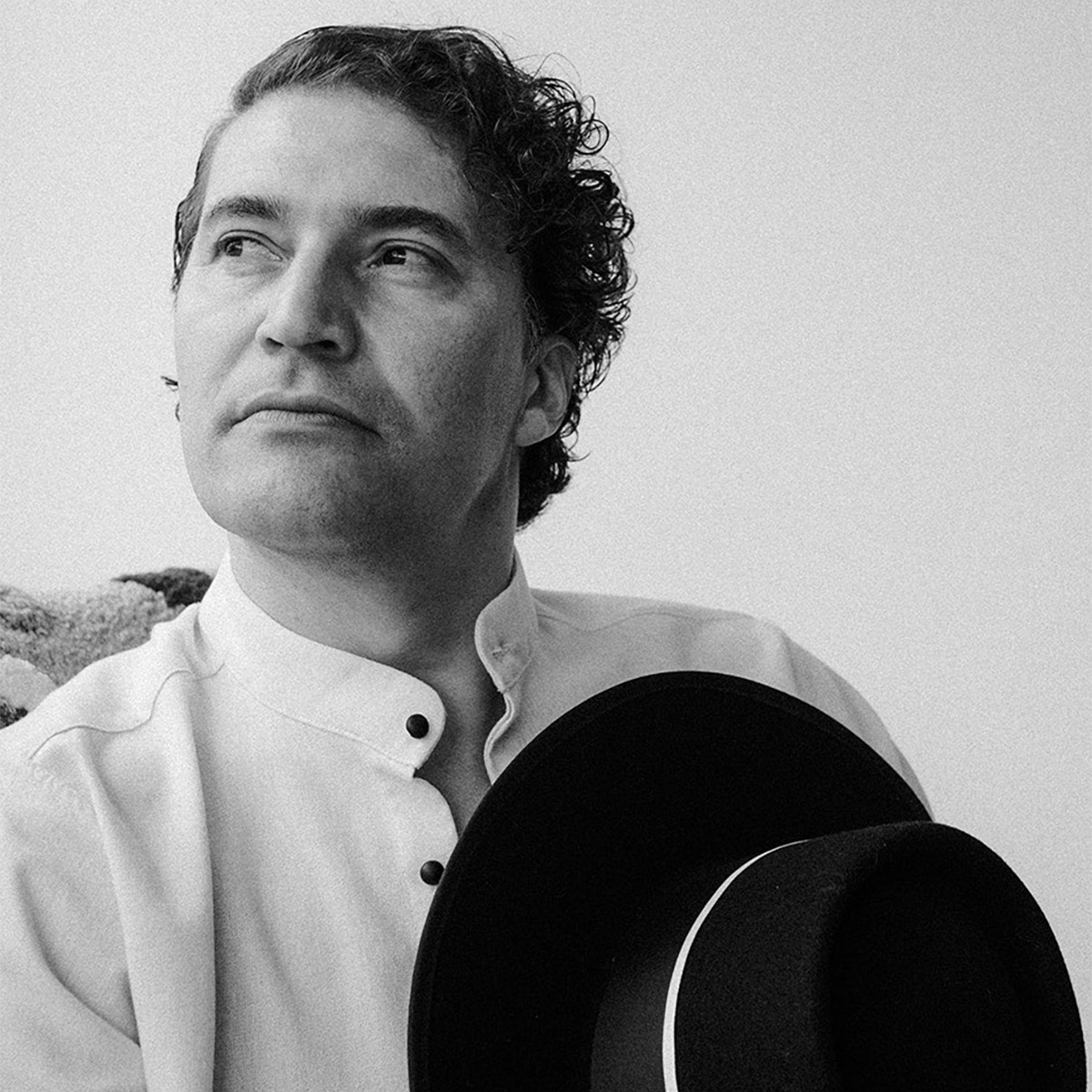
Santiago Escobar Jaramillo is an architect, editor of Raya Editorial and AñZ: Expanded Photography from Latin America, and a founding member of 20 Fotógrafos, Colectivo+1, and RadioFoto. He holds a Master’s degree with distinction in Photography and Urban Cultures from Goldsmiths College, University of London, and was recognized as an Outstanding Alumnus by the National University of Colombia in 2018 for his contributions to artistic and cultural research.
He was the visual curator of the Final Report and the “Conflict and Peace” collective exhibition for Colombia’s Commission for the Clarification of the Truth.
Santiago has published several books, including El pez muere por la boca (Raya Editorial & Matiz Editorial), Lucía (INFRAMUNDO), Patria o Muerte (La Luminosa), and Colombia, Tierra de Luz (Universidad de Caldas). He has also self-published Elefante Blanco, Ruína, Chos Piangua, and ¿Puedes oírme? / Can You Hear Us?
His work has been awarded or showcased in festivals and programs such as POY Latam “Nuestra Mirada”, CDF Montevideo, SMArt Program (Switzerland), Verzasca Foto Festival, Kyotographie/KG+SELECT (Japan), Ras Al Khaimah Fine Arts Festival (UAE), Rotterdam Photo (Netherlands), Cosmos PDF Award, Athens Photo Festival, FORMAT24 (UK), Panoramic Festival (Barcelona), Critical Mass TOP 50 – Photolucida, PhMuseum Days (Bologna), Helsinki Photo Festival, Fotofestiwal (Poland), and Photo Festival Lenzburg (Switzerland), among many others.
He has also participated in portfolio reviews, residencies, and future publication awards across Latin America and Europe.
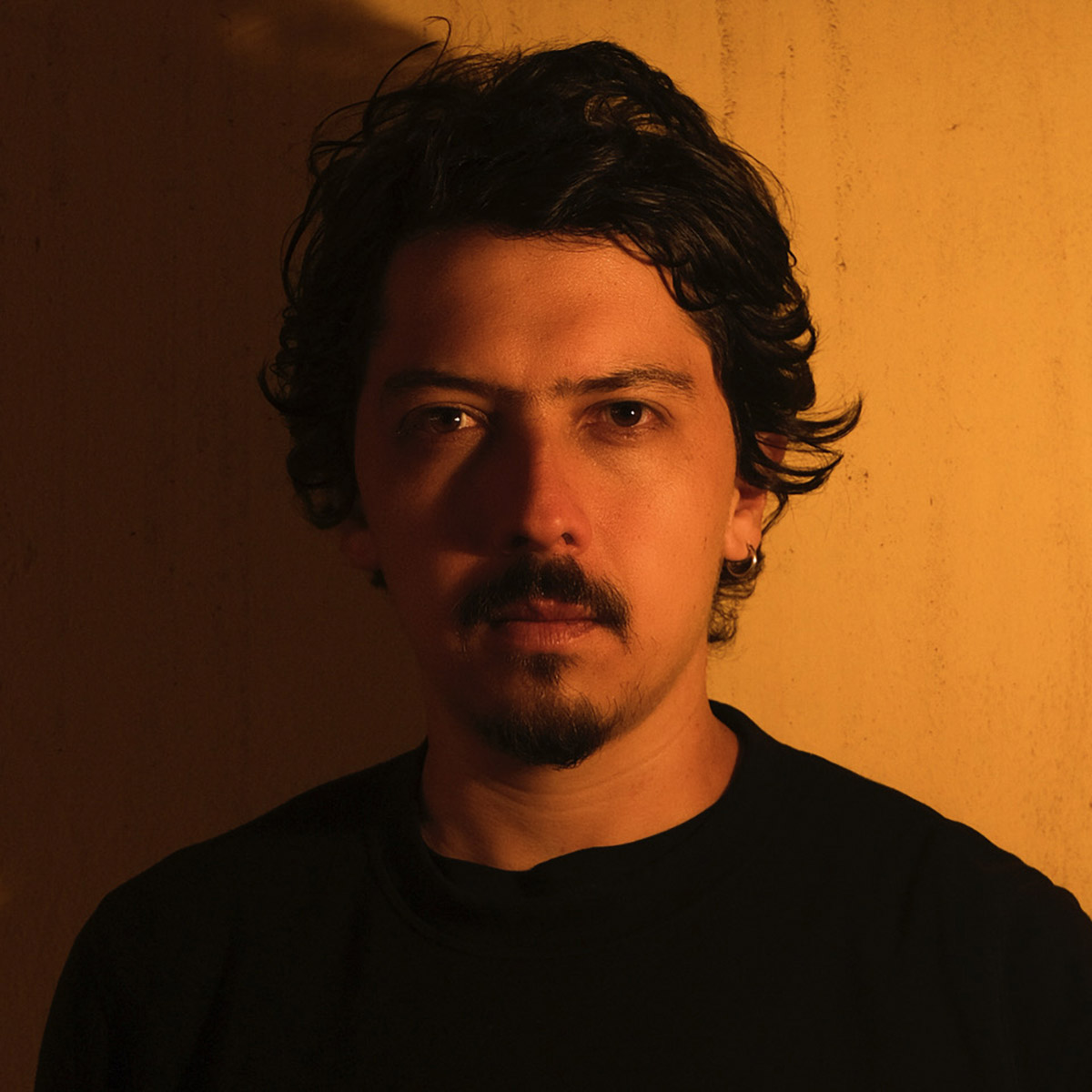
Musuk Nolte is a Peruvian photographer and editor born in Mexico, whose work bridges the documentary and the artistic, with a focus on social issues such as memory, cultural crises, and political and environmental challenges.
His work has been internationally recognized with awards and fellowships including World Press Photo, the Emergency Fund from the Magnum Foundation, the Elliott Erwitt HC7 Grant, and support from the Bertha Foundation.
He is a National Geographic Explorer and was a finalist for the Discovery Award of the Louis Roederer Foundation at the Les Rencontres d’Arles Festival (2025).
His work has been exhibited at major museums and biennials worldwide, including the Lima Art Museum (MALI), Photoquai Biennial, Singapore Photography Biennale, Daegu Photo Biennale, Les Rencontres d’Arles, the Angkor Photography Festival, PhotoEspaña XX and XXI, the 15th Venice Architecture Biennale, the Latin American Photo Library (FoLa), and Paris Photo, among others.
Musuk has published eight photography books, including Las pertenencias del aire. In 2013, he founded KWY Ediciones, an independent publishing house focused on Latin American authors, recognized for its strong visual and curatorial identity.
He has served as a juror for international awards such as World Press Photo, the Gabo Prize, POY Latam, FELIFA, and Vital Impacts Award, and has led workshops at festivals and educational spaces across Brazil, Chile, Argentina, Mexico, Peru, and Spain.
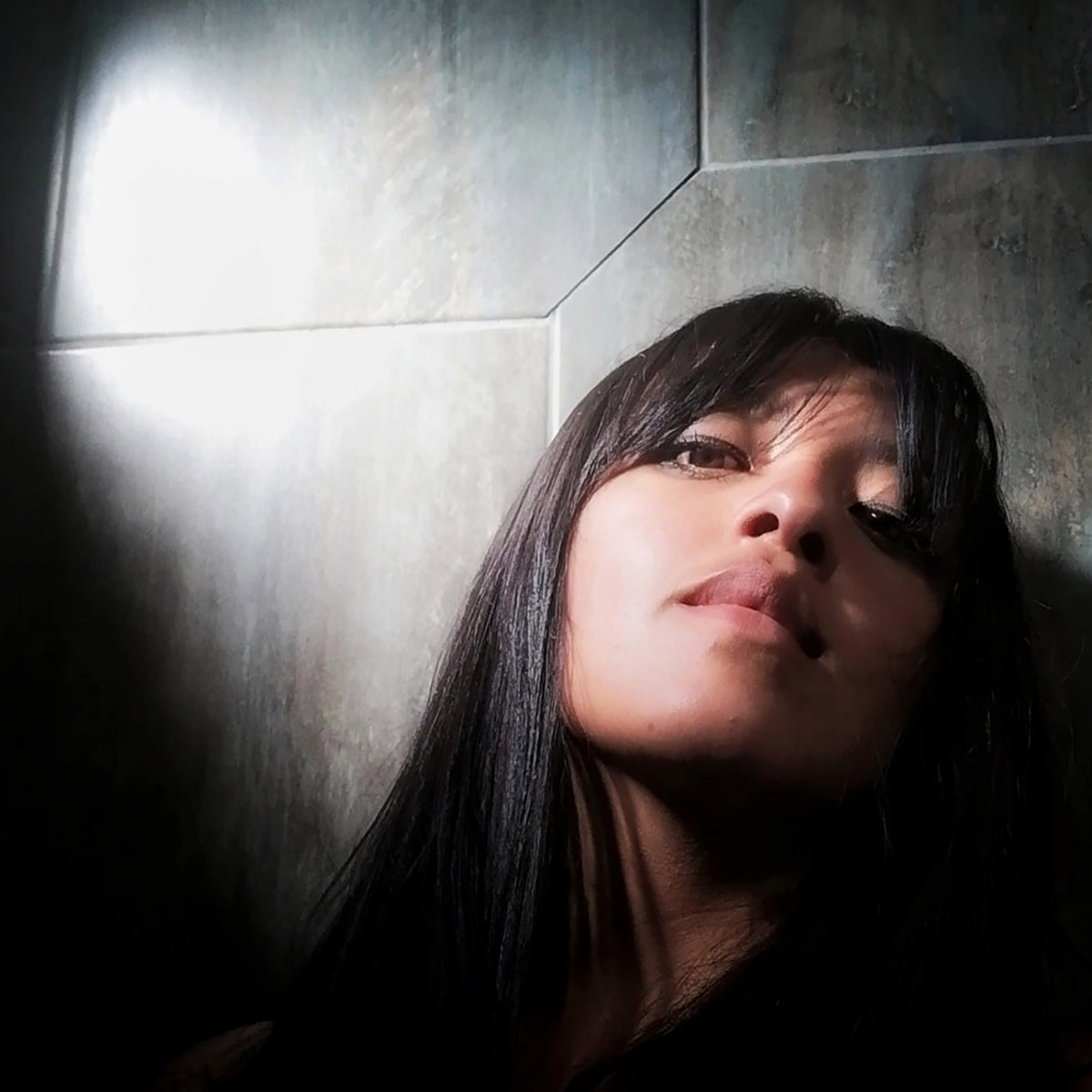
Johanna Alarcón (1992) is an Ecuadorian visual storyteller and independent educator. She is a National Geographic Explorer, a member of Ayün Fotógrafas and Fluxus Foto, and is represented by Panos Pictures.
Her work focuses on social justice, territory, identity, and gender. Johanna has received recognition from organizations such as World Press Photo, POYi, POY Latam, and the Inge Morath Award.
She is a grantee of CatchLight, the Magnum Foundation, and the Joop Swart Masterclass, and was selected for World Press Photo’s 6×6 Global Talent Program (South America).
Her work has been exhibited globally and published in outlets such as The New York Times, Smithsonian Magazine, National Geographic, The Wall Street Journal, The Guardian, Bloomberg, and Reuters.
